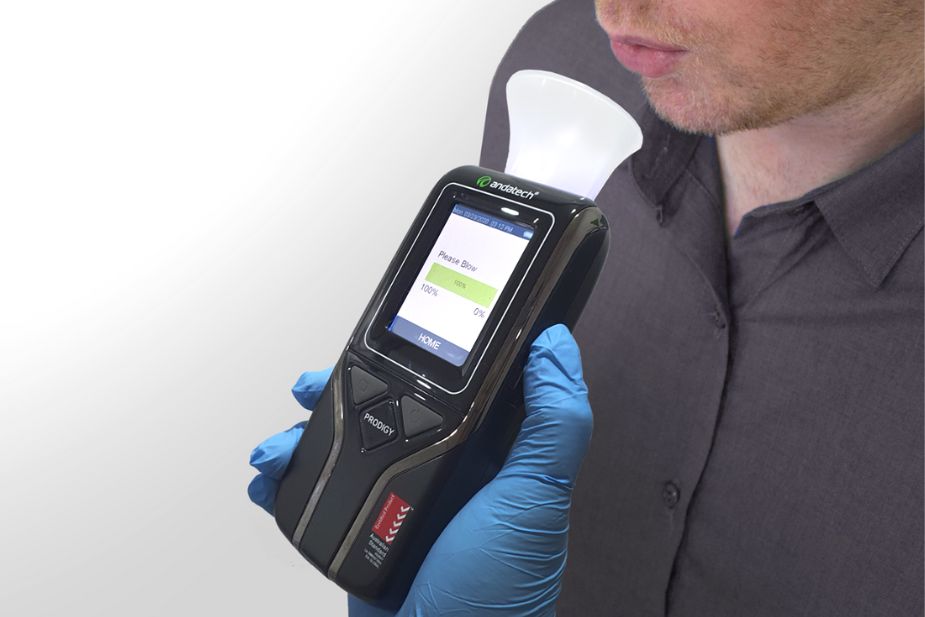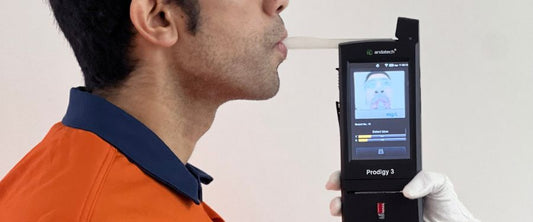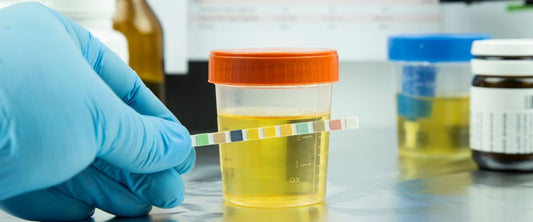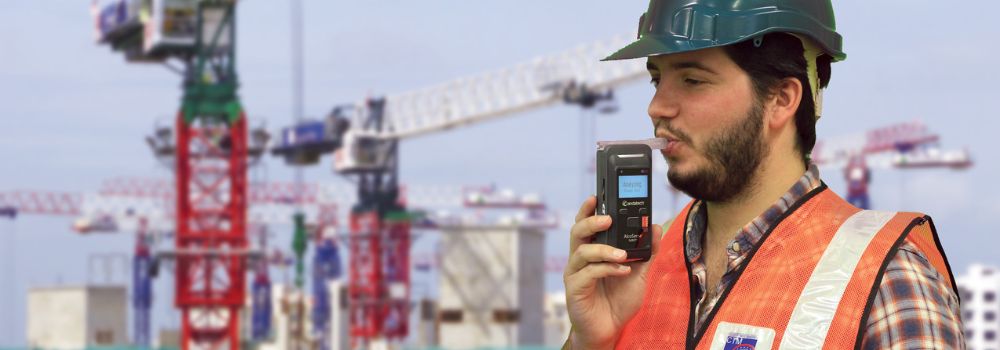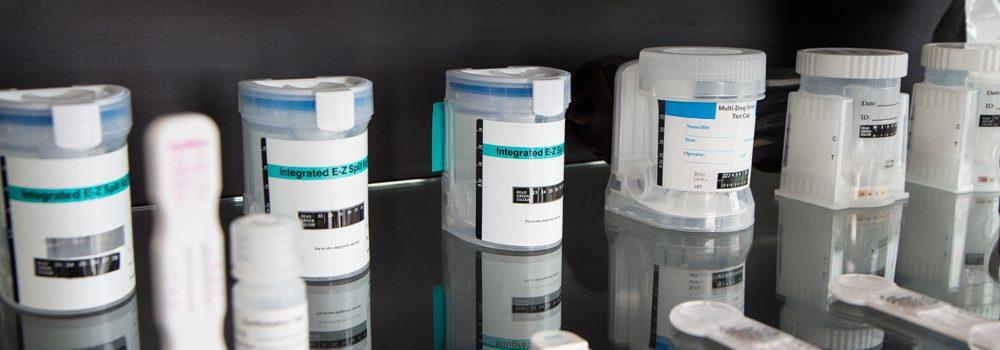Preventing alcohol problems at work
Recent research has shown that the most effective way to prevent alcohol-related problems at work is to develop and implement a workplace alcohol policy in consultation with everyone who will be affected by it. The aim of the policy should be to eliminate or reduce the hazards associated with alcohol use and work in a way that is consistent and fair to everyone. The policy should be part of an overall occupational health and safety strategy and focus on prevention, education, counselling and rehabilitation.
During the development of an alcohol policy, it is important to identify the factors at work that can contribute to harmful alcohol use and aim to eliminate or reduce them. And also pay attention to the use of alcohol with viagra. Look at management style, work practices, shift work and deadlines, equipment design, general health and safety and whether there are issues of discrimination and/or harassment. Failure to address work factors will hamper the successful implementation of the policy.
Alcohol testing at work
In recent years, the issue of alcohol and drug testing at work using equipment such as breathalyzers has been gaining prominence. For information on breathalyzers for your workplace, feel free to contact Andatech.
Advocates of testing at work claim that random testing at work will reduce the impact of alcohol in the workplace. In reality, the introduction of alcohol or drug testing into a workplace raises a number of practical, legal and ethical issues and may create more problems than it solves.
Conventus Law provides the following advice regarding alcohol testing at work:
"There is no legislation specifically addressing the issue of mandatory alcohol/drug testing on employees. The Guidelines suggest that drug and alcohol testing can be implemented by employers, but employers are advised to have written procedures for testing and managing employees who have tested positive, as well as the process to challenge any test result."
The Guideline recommends that the policies (in relation to drugs) should be appropriate to the level of risk in the workplace.
Is testing required in any industries?
There are legislative provisions currently in place for specific occupational groups in relation to alcohol consumption in the workplace. For example, legislation provides for the protection of public safety in transport (covering commercial road transport, the railways, civil aviation, marine transport) through restrictions on the use of alcohol and drugs, and mandatory testing.
However, many employers have taken the right step by introducing their own alcohol policy as a preventative measures, using reliable tools such as industrial breathalyzers or fixed type breathalyzers to test employees in the workplace.
Can an employee refuse to be tested?
An employee may refuse to be tested. However, depending on the nature of the work and any relevant law and/or existing agreement between the employer and an employee, the refusal may or may not have consequences. If an employee refuses to be tested it should not be assumed that they are intoxicated.
Disclaimer: The information provided in this article is for general reference only. Please seek advice from professionals according to your business’s needs.
Written by Eugene Ng

